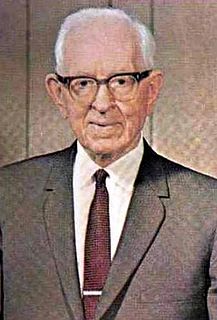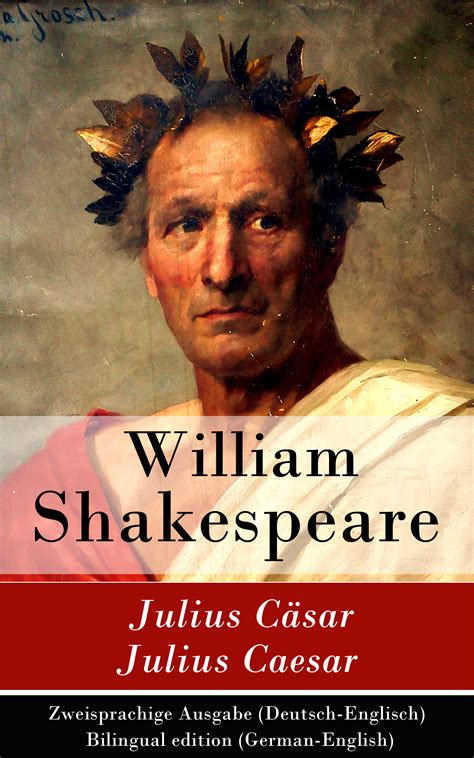A Quote by Seneca the Younger
Now we are not merely to stick knowledge on to the soul: we must incorporate it into her; the soul should not be sprinkled with knowledge but steeped in it.
Related Quotes
The goal of mankind is knowledge ... Now this knowledge is inherent in man. No knowledge comes from outside: it is all inside. What we say a man 'knows', should, in strict psychological language, be what he 'discovers' or 'unveils'; what man 'learns' is really what he discovers by taking the cover off his own soul, which is a mine of infinite knowledge.
It is true that zeal is the soul of the virtues, but most certainly, Monsieur, it must be according to knowledge, as Saint Paul says; that means: according to knowledge of experience. And because young people ordinarily do not possess this experiential knowledge, their zeal goes to excess, especially in those who have a natural asperity.
To be a poet is to have a soul so quick to discern, that no shade of quality escapes it, and so quick to feel, that discernment is but a hand playing with finely-ordered variety on the chords of emotion--a soul in which knowledge passes instantaneously into feeling, and feeling flashes back as a new organ of knowledge.
Mathematicians have sought knowledge in figures, Philosophers in systems, Logicians in subtleties, and Metaphysicians in sounds. It is not in any nor in all of these. He that studies only men, will get the body of knowledge without the soul, and he that studies only books, the soul without the body.
Opportunism towards knowledge is a utilitarian demand that knowledge must be immediately practical. Just like with sociology where we hope its purpose is to serve society, however, the true purpose of sociology lies in its impracticality. It cannot become practical or else it loses its meaning. Perhaps we should learn a different kind of knowledge: the knowledge to question knowledge.
Man is spiritual being -- a soul, in other words -- and that this soul takes on different bodies from life to life on earth to order at last to arrive at such perfect knowledge, through repeated experience, as to enable one to assume a body fit to be the dwelling-place of a Mahatma or perfected soul. Then, they say, that particular soul becomes a spiritual helper to mankind.
The knowledge of the individual citizen is of less value than the knowledge of science. The former is the opinion of individuals. It is merely subjective and is excluded from policies. The latter is objective - defined by science and promulgated by expert spokesmen. This objective knowledge is viewed as a commodity which can be refined... and fed into a process, now called decision-making. This new mythology of governance by the manipulation of knowledge-stock inevitably erodes reliance on government by people.
To say that I have found the answer to all riddles of the soul would be inaccurate and presumptuous. But in the knowledge I have developed there must lie the answers to that riddle, to that enigma, to that problem - the human soul - for under my hands and others, was seen the best in man rehabilitated. I discovered that a human being is not his body and demonstrated that through Scientology an individual can attain certainty of his identity apart from that of the body. We cannot deal in the realm of the human soul and ignore the fact.
We should not be content to say that power has a need for such-and-such a discovery, such-and-such a form of knowledge, but we should add that the exercise of power itself creates and causes to emerge new objects of knowledge and accumulates new bodies of information. ... The exercise of power perpetually creates knowledge and, conversely, knowledge constantly induces effects of power. ... It is not possible for power to be exercised without knowledge, it is impossible for knowledge not to engender power.







































